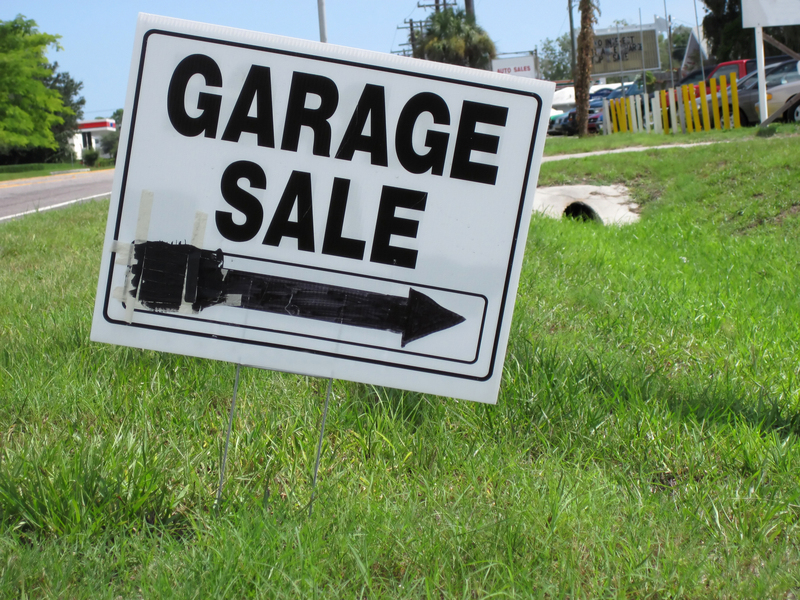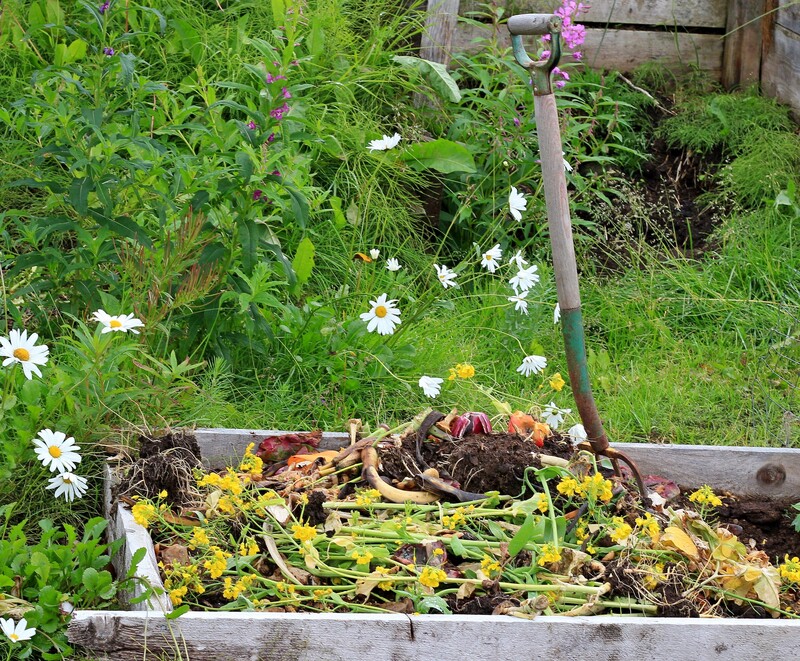Environmental impact of waste disposal solutions
Posted on 11/12/2023

Environmental impact of waste disposal solutions has been a major concern for many years. With an ever-growing population and a finite amount of resources, there is an urgent need to find effective and sustainable ways to deal with our waste. In recent years, advances in technology have allowed us to develop various waste disposal solutions that are environmentally friendly. In this article, we will discuss the environmental impacts of several different types of waste disposal solutions.
Non-Recycling Waste Disposal Solutions
The most obvious form of non-recycling waste disposal is landfilling (burying garbage and other forms of landfill waste, such as construction debris). Unfortunately, this process can have numerous negative environmental impacts. Landfills produce methane gas, which is a major contributor to climate change. Additionally, the construction process involved in creating new landfills often results in deforestation, soil erosion and loss of biodiversity. Finally, the materials present in landfills may leach into groundwater or runoff into nearby bodies of water, potentially contaminating them with toxins or dangerous bacteria.
Incineration is another popular form of non-recycling waste disposal. While it does reduce the amount of physical space necessary for storing trash and can provide some energy through burning the material, it is not without its drawbacks. Incinerating materials produces harmful air pollutants such as dioxins and heavy metals that can be toxic to humans. It also releases carbon dioxide (CO2) into the atmosphere, contributing to climate change.
Recycling Waste Disposal Solutions
Recycling is one of the most effective waste management strategies at our disposal for reducing environmental impacts from waste disposal solutions. By reusing materials that would otherwise be landfilled or incinerated, we can significantly reduce greenhouse gas emissions as well as conserve natural resources like water and energy that might otherwise have been used in producing more virgin materials from scratch. Recycling also cuts down on truck trips needed to transport trash to far away landfills while saving money by keeping materials out of expensive landfill space. Furthermore, recycling can help create jobs and spur economic growth due to increased demand for recycled products and services.
Composting is another excellent way to reduce the environmental impacts from waste disposal solutions. Composting allows us to divert organic materials away from landfills where they could release methane gas into the atmosphere when decomposing anaerobically (without oxygen) instead breaking them down aerobically (with oxygen) into nutrient rich soil amendments which we can use as fertilizer in our gardens or farms without releasing any harmful chemicals into our environment. This not only reduces greenhouse gas emissions but also helps preserve precious topsoil which might otherwise be lost due to over-farming or other detrimental activities.
Conclusion
Waste disposal solutions come in many forms - both those that are recycled and those that are non-recycled - each with their own unique set of environmental impacts. But whether you choose a recyclable option like composting or a non-recyclable option like landfill burial or incineration you can still strive to reduce your environmental footprint by finding ways that minimize these impacts such as utilizing state-of-the-art technology for improved efficiency or investing in sustainable sources of energy like wind and solar power whenever possible. The good news is that with today's advanced technologies we have plenty of options at our fingertips for reducing both our own individual carbon footprints as well as those created by larger organizations when it comes to managing waste responsibly without sacrificing too much in terms of convenience or cost effectiveness either! Thank you for reading this article about Environmental Impact Of Waste Disposal Solutions and best wishes on your journey towards more sustainable living!


